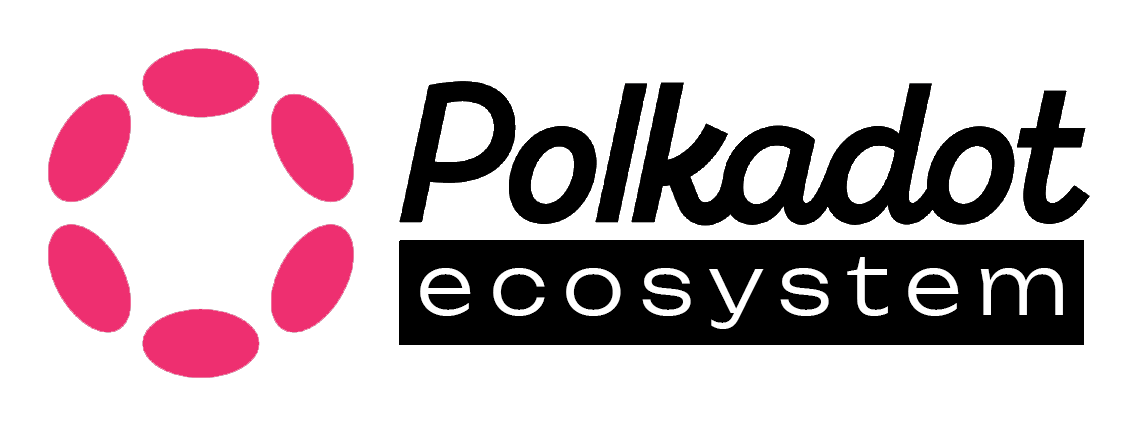Christian Dirk - DeFi Infrastructure and Tooling for the Polkadot Ecosystem
Ce contenu n’est pas encore disponible dans votre langue.
In his engaging talk at Sub0 2024 in Bangkok, Christian Dirk from RMIT University delved into the critical aspects of DeFi infrastructure and tooling within the Polkadot ecosystem. This presentation was tailored to provide both seasoned developers and newcomers with a comprehensive overview of the tools and infrastructure that power DeFi on Polkadot, emphasizing the importance of accessibility and integration.
Understanding the Basics: Polkadot and DeFi Tooling
Christian began by introducing himself and his extensive background in the Polkadot ecosystem, highlighting his role at Oak Network and his academic pursuits in business information systems. He set the stage by sharing his personal journey from gaming to blockchain, illustrating how experiences in virtual economies, particularly from games like RuneScape, provided foundational insights into real-world finance and economics.
Key Takeaways from the Talk
- Importance of Infrastructure and Tooling: Christian emphasized that robust infrastructure and user-friendly tooling are paramount for the success of DeFi on Polkadot. He compared the complexity of blockchain ecosystems to early online games, where efficient tools made navigation and transactions more straightforward for users.
- Analogies from Gaming: Drawing parallels between the game RuneScape and the Polkadot ecosystem, Christian highlighted how the game’s economic systems taught valuable lessons in finance. The concept of limited-supply items, like RuneScape’s party hats, was likened to non-fungible tokens (NFTs) in blockchain, illustrating the importance of scarcity and market dynamics.
- Challenges in the Ecosystem: Christian identified key challenges in the current Polkadot ecosystem, such as high entry barriers for developers and users, fragmented infrastructure, and the need for better analytics. He stressed that these hurdles could be mitigated by developing comprehensive, standardized tools that facilitate smoother operations across different parachains.
- Innovative Solutions: He proposed the implementation of a “spirit tree” system for Polkadot, inspired by RuneScape, to simplify asset transfers across chains. This would provide clear pathways and requirements for transactions, reducing confusion and enhancing user experience.
- Focus on Analytics: Highlighting feedback from the DeFi community, Christian underscored the necessity for accurate and comprehensive analytics. He pointed out deficiencies in current analytics platforms and the impact of these inaccuracies on the ecosystem’s perceived reliability and usability.
- Prominent Tools and Projects: Christian showcased several key projects contributing to the Polkadot ecosystem’s growth, including SubQuery, Subscan, and governance tools like PolkaAssembly and SubSquare. He also mentioned the promising initiatives from Velocity Labs aimed at improving DeFi infrastructure and tooling.
Future Directions
Christian concluded his talk by encouraging the development of more accessible and integrated tools to attract a broader user base. He emphasized the need for continuous innovation and collaboration within the ecosystem to address existing gaps and leverage Polkadot’s unique capabilities fully.

